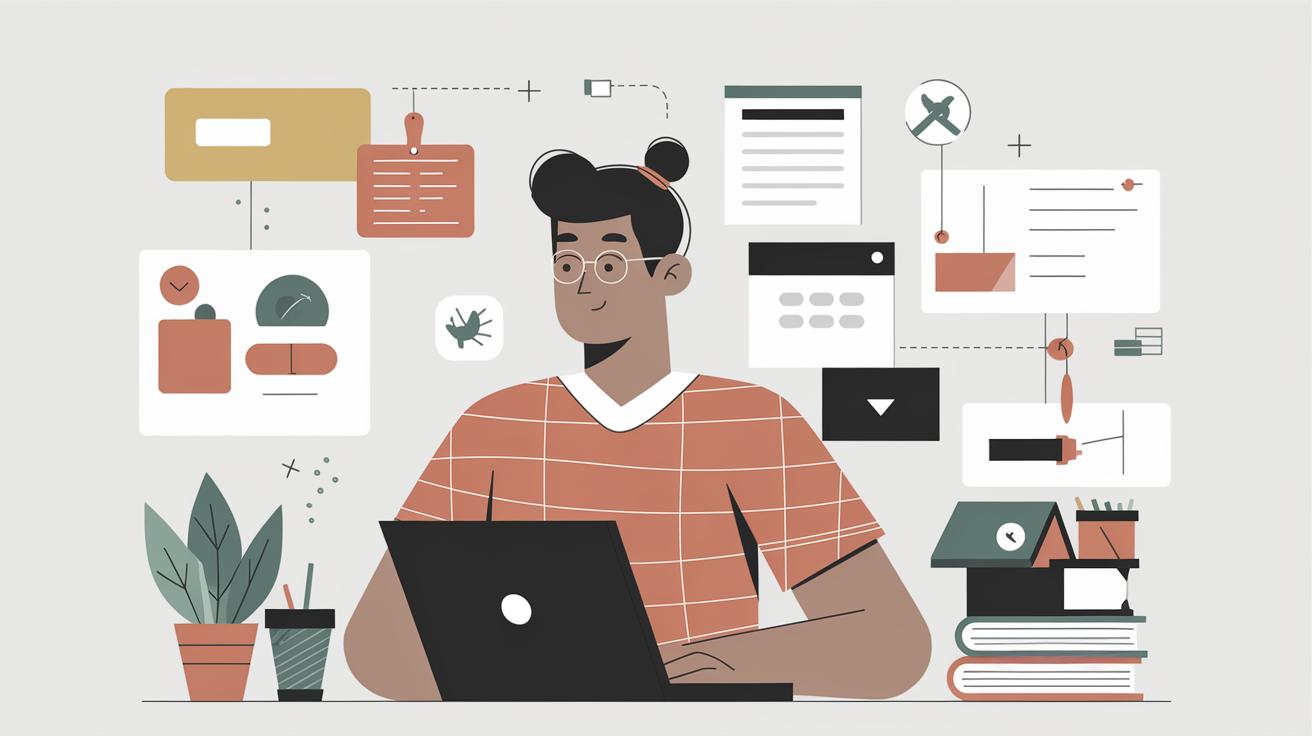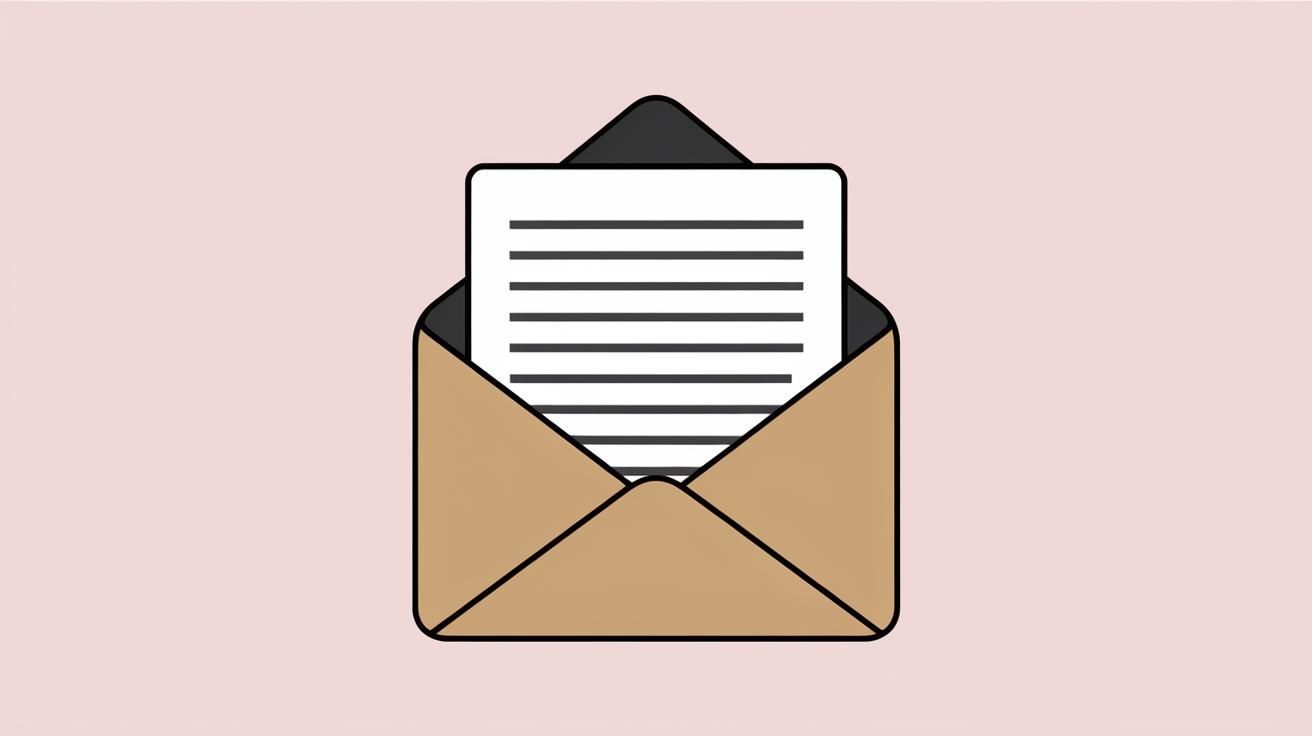Mastering Job Interview Questions: Discussing Strengths and Weaknesses
In the landscape of job interviews, the question of strengths and weaknesses remains a staple in assessing a candidate’s compatibility for the position and their approach to self-reflection and growth. Understanding how to navigate these questions effectively can set you apart as a thoughtful and introspective candidate. This blog post delves into why interviewers are keen on this inquiry, offers essential tips for crafting compelling responses, and provides concrete examples to articulate your strengths and weaknesses confidently. Furthermore, it covers strategies to respond to these questions with authenticity and insight, ensuring that your responses resonate positively with potential employers and enhance your candidacy.
Why do interviewers ask about your strengths and weaknesses?
The inquiry into strengths and weaknesses isn’t meant to trip you up but rather to gain insight into your self-awareness and personal development. Employers are keen on understanding how you perceive your skills and areas of improvement because it highlights your ability to reflect on your career journey and your commitment to personal growth. Candidates who can talk openly about their weaknesses, in particular, demonstrate a valuable level of self-awareness that suggests they are likely to grow and adapt in a new role.
Additionally, understanding your strengths is equally crucial as it reflects how well your abilities align with the role. Interviewers are interested in whether your strengths can directly contribute to the company’s success, indicating that you’d be a valuable addition to the team. By honestly sharing your strengths and weaknesses, you provide a more comprehensive picture of who you are as a professional.
5 tips for talking about strengths and weaknesses in an interview
1. Be honest
Authenticity is key when discussing your strengths and weaknesses. Interviewers have heard countless generic responses and can tell when a candidate is being disingenuous. Instead of providing cliché answers that sound rehearsed, focus on genuine traits that truly define you as a professional. Your honesty will stand out and provide a more authentic connection with the interviewer.
When you genuinely acknowledge a weakness, it demonstrates maturity and humility, important qualities in any employee. Similarly, confidently stating your strengths without exaggeration shows self-assuredness and competence. Honesty in this context fosters trust, a fundamental element in the employee-employer relationship.
2. Tell a story
Stories are relatable and memorable, making them effective tools when illustrating your strengths and weaknesses. Instead of merely stating a trait, provide context with a brief anecdote that showcases it in action. For example, describe a specific scenario where your adaptability played a crucial role in solving a problem or where your communication skills helped facilitate a successful project outcome.
These narratives offer proof of your qualities and make your responses more engaging. They demonstrate how you apply your strengths in real-life situations and deal with weaknesses, providing the interviewer with a clearer understanding of your potential contributions to their team.
3. Remember to get to the insight
While storytelling is powerful, the ultimate goal is to convey what you’ve learned from your experiences. After sharing your story, ensure you articulate the insights gained and how these have impacted your professional development. For instance, if discussing a weakness such as difficulty with delegation, emphasize how you’ve learned the importance of trusting team members and enabling their growth along with yours.
This reflective component illustrates your capacity for growth and how actively addressing your weaknesses has refined your professional approach. The insight you provide underscores your resilience and commitment to continuous improvement, traits valued by employers.
4. Keep it short
Clarity and conciseness are your allies in interviews. While it’s important to provide enough detail for your stories to be meaningful, staying succinct ensures your message is clear and impactful. Long-winded responses can lose the interviewer’s attention and may detract from the effectiveness of your message.
To maintain brevity, focus on the highlights of your story and the core takeaway. By providing a concise response, you demonstrate your ability to communicate effectively, an essential skill in any work environment.
5. Don’t sweat it so much
Finally, remember that interviewers are not looking for perfection. They understand that everyone has weaknesses, and what matters is your approach to these imperfections. Stressing over having the perfect answer can lead to added anxiety and may hinder your performance.
Approach each question with confidence and remember that acknowledging your weaknesses is not a sign of failure but an opportunity to highlight your commitment to growth. Employers appreciate candidates who embrace their humanity and demonstrate a proactive approach to improvement.
Example of strengths and weaknesses to use in an interview
Example strengths for job interviews
To effectively present your strengths, focus on qualities directly relevant to the job description. Common strengths that resonate well with employers include being highly organized, adaptable, adept at time management, and possessing creative problem-solving skills.
For instance, a well-organized individual might detail how they implemented a new filing system that increased office efficiency. Adaptable candidates can share stories about thriving under pressure when tasked with unexpected challenges, showcasing their ability to maintain productive and positive outcomes regardless of obstacles.
Example weaknesses for job interviews
When discussing weaknesses, choose traits that you’re actively working to improve. Avoid mentioning critical flaws that could substantially impact your ability to perform the job you’re applying for. Instead, focus on manageable areas of improvement, such as needing better skills in written communication or being overly meticulous.
Describe steps you’re taking to overcome these weaknesses, such as enrolling in a writing course or using productivity tools to manage perfectionism. This indicates your dedication to personal growth and your proactive approach to professional development.
How to answer “What are your strengths?” in an interview
Organization
Organization is a valuable strength across various roles. Highlighting your organizational skills involves sharing instances where your methodical approach led to improved efficiencies or successful project management. Explain how your ability to structure tasks and priorities has consistently led to the timely completion of responsibilities.
Providing specific examples, such as spearheading a system to streamline workflow, will not only make your claim more credible but will also showcase how you bring order and efficiency to a team.
Adaptability
In today’s fast-paced work environment, adaptability is a sought-after trait. When discussing adaptability as a strength, highlight experiences where you quickly adjusted to new conditions or pivoted due to project shifts. This responsiveness not only showcases flexibility but also demonstrates initiative and problem-solving capacity.
Share a narrative where you successfully navigated change, framing it as evidence of your resilience and ability to thrive in dynamic settings. Employers are keen on candidates who can maintain productivity and positivity amid constant change.
Time management
Time management is an essential strength, especially in positions with tight deadlines. An effective way to present this strength is by detailing experiences where your prioritization skills led to the successful meeting of multiple deadlines. Highlight tools or methods you employ to maximize efficiency and manage time effectively.
By articulating how you balance workloads and ensure timely task completion, you demonstrate reliability and a proactive approach to your work responsibilities, valuable traits in any role.
Creativity
Creativity is more than artistic talent—it’s about innovative problem-solving and thinking outside the box. When citing creativity as a strength, focus on instances where your unique approach led to a new solution or improved process. Describe how your creative thinking contributed to overcoming challenges within a project or improving team workflows.
Your ability to innovate reflects not only your resourcefulness but also your capacity to bring fresh perspectives to a role, a quality that employers often seek to drive innovation and growth within their teams.
How to answer “What is your greatest weakness?” in an interview
Not knowing when to ask for clarification
Admitting a struggle with seeking clarification can resonate with interviewers, especially when you demonstrate awareness and a commitment to improvement. Illustrate situations where hesitation to ask questions led to challenges and discuss how you’ve learned to seek clarification proactively to ensure accuracy and efficiency.
Developing the ability to ask for help not only aids in personal development but also enhances team communication and collaboration, signaling to employers your willingness to engage deeply with your responsibilities and coworkers.
Not being able to say no to extra work
Being enthusiastic and eager to help can sometimes lead to overwhelm if boundaries aren’t set. When mentioning difficulty with saying no as a weakness, outline how taking on too much impacted your productivity and describe the steps you’re taking to manage workloads more effectively.
Emphasizing your determination to find a balance reflects self-awareness and a commitment to sustainable work practices, important considerations for employers concerned about employee well-being.
Struggling with written communication
If written communication isn’t your strongest suit, pair your admission with steps taken to improve. Highlight that you’ve enrolled in workshops or sought feedback to refine your skills, indicating proactive measures to elevate your professional capabilities.
Improving written communication is crucial in ensuring ideas are effectively conveyed to teams and clients. Demonstrating your ongoing efforts reflects your dedication to comprehensive and clear communication, a skill highly valued in any workplace.
Lack of confidence
Lack of confidence is a common area of improvement for professionals. When addressing this weakness, focus on strategies employed to build self-assurance, such as public speaking groups or constructive feedback sessions.
Showcase how overcoming self-doubt has resulted in enhanced performance and improved interactions with colleagues and stakeholders. By prioritizing personal growth, you highlight a commitment to developing a robust professional presence.
Key Takeaways
Effectively discussing strengths and weaknesses during interviews provides a tremendous opportunity to display introspection, growth, and a readiness to contribute meaningfully. By preparing authentic responses, aligning examples with job requirements, and reflecting on the insights gained from experiences, you leave a lasting impression that can elevate your candidacy. Remember, the goal is not to present yourself as flawless but as someone who embraces growth and self-awareness as integral parts of professional development.
| Section | Summary |
|---|---|
| Why do interviewers ask about strengths and weaknesses? | Interviewers seek to gauge self-awareness and growth potential, aiming to understand how candidates’ skills and areas of improvement align with the role. |
| 5 Tips for discussing strengths and weaknesses | Honesty, storytelling, insights, brevity, and a relaxed approach help candidates offer authentic and effective responses. |
| Examples of strengths and weaknesses | Strengths such as organization and creativity align with job roles, while discussing weaknesses like communication effectively shows self-improvement. |
| How to answer “What are your strengths?” | Examples include organizational skills, adaptability, time management, and creativity, each with demonstrated impact. |
| How to answer “What is your greatest weakness?” | Address weaknesses such as seeking clarification, managing workloads, and communication with examples of efforts to improve. |


